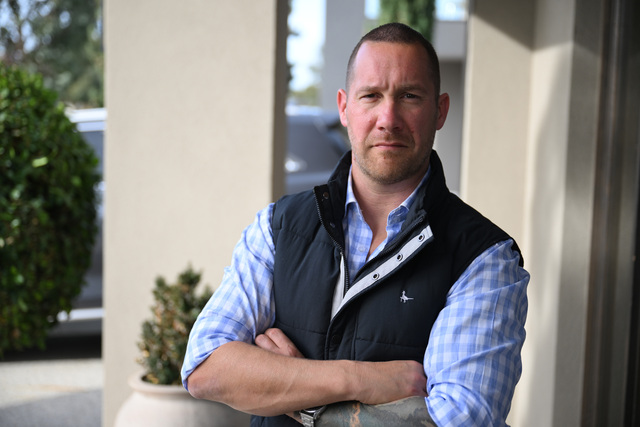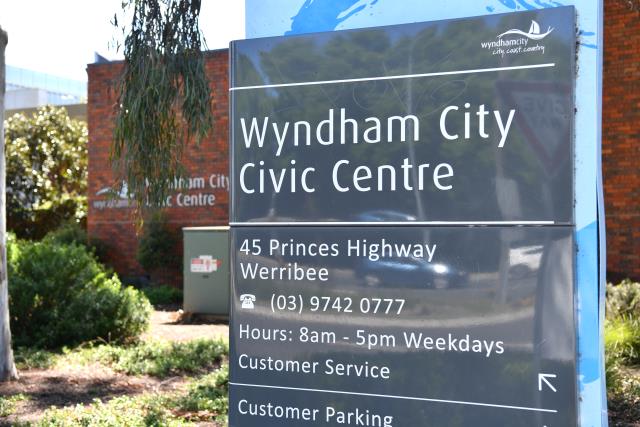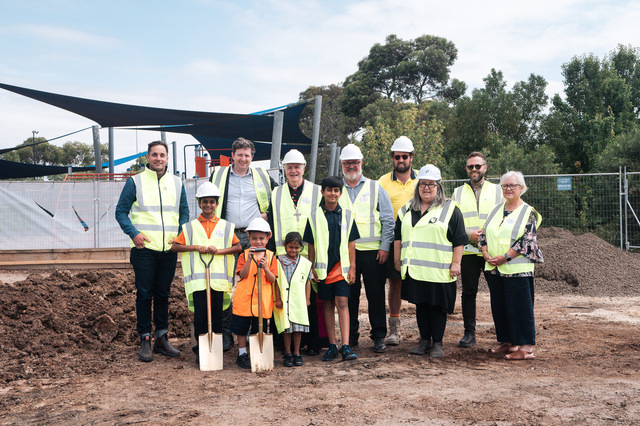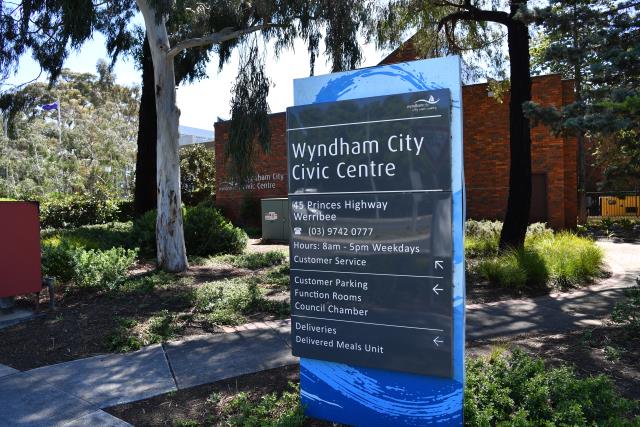A frustrated Point Cook resident thinks it might be time for the suburb to “go its own way” and split from Wyndham.
Dwayne Kelly said council’s decision in March to potentially spend more than $36 million of legacy developer contributions raised in Point Cook elsewhere across the municipality set a dangerous precedent for the suburb.
He said he was also “very disappointed“ that a petition, with more than 1300 valid signatures which he co-led objecting to the decision, was barely discussed at last week’s meeting.
“Councillors were given legal advice that said they could spend the money in other wards, but ethically it should be spent where it was raised,“ he said.
“There was an extensive pot of money, and councillors from other wards saw that as a cash grab.”
Mr Kelly said that forming a smaller council encompassing Point Cook, Williams Landing and Werribee South may help those areas better advocate for residents’ needs.
“We have a couple of strong voices for Point Cook, but it seems like the suburb with the highest population has the least representation– especially since we moved to single member wards,” he said.
“I think being one of the largest growing municipalities in Australia, having our own designated local governance makes sense.”
He said Point Cook, the most populated suburb in Australia according to the 2021 census, was already behind where it should be in terms of infrastructure.
“The largest suburb in Australia doesn’t have its own rail network so we have to go to Williams Landing, Aircraft or Laverton [stations].”
“70,000 people don’t have an aquatic center, they don’t have a sports centre or a religious space– it’s crazy.”
According to Mr Kelly, the precedent set may harm newer areas upon.
“Funds raised in areas like Williams Landing may not necessarily get spent in that town after the council’s latest decision and lack of consultation with residents.”
A Wyndham City Spokesperson said council has “essentially built Point Cook” using developer contributions, state and federal government grants and its own funds, and met all legal obligations to deliver infrastructure in the suburb.
“While large councils face growth challenges, they also deliver economies of scale–a smaller council could in fact result in higher rates per capita to enable services to be delivered,” the spokesperson said.
The state government was contacted.
















